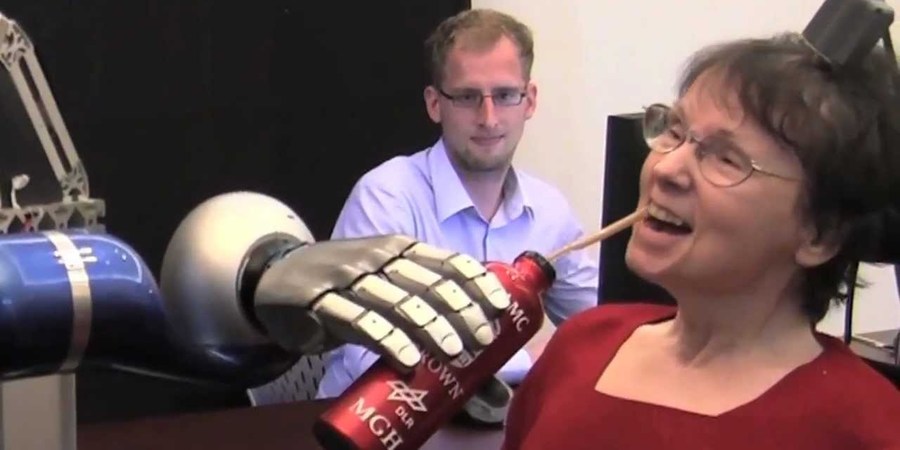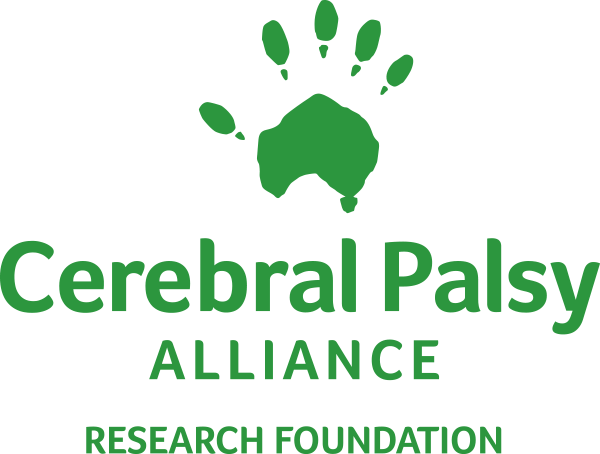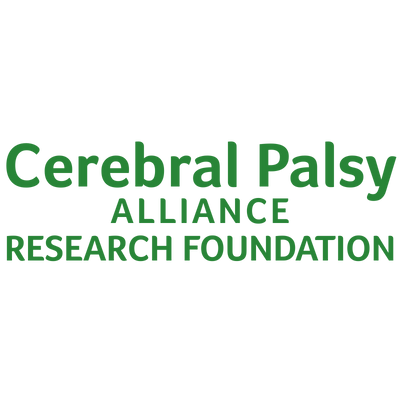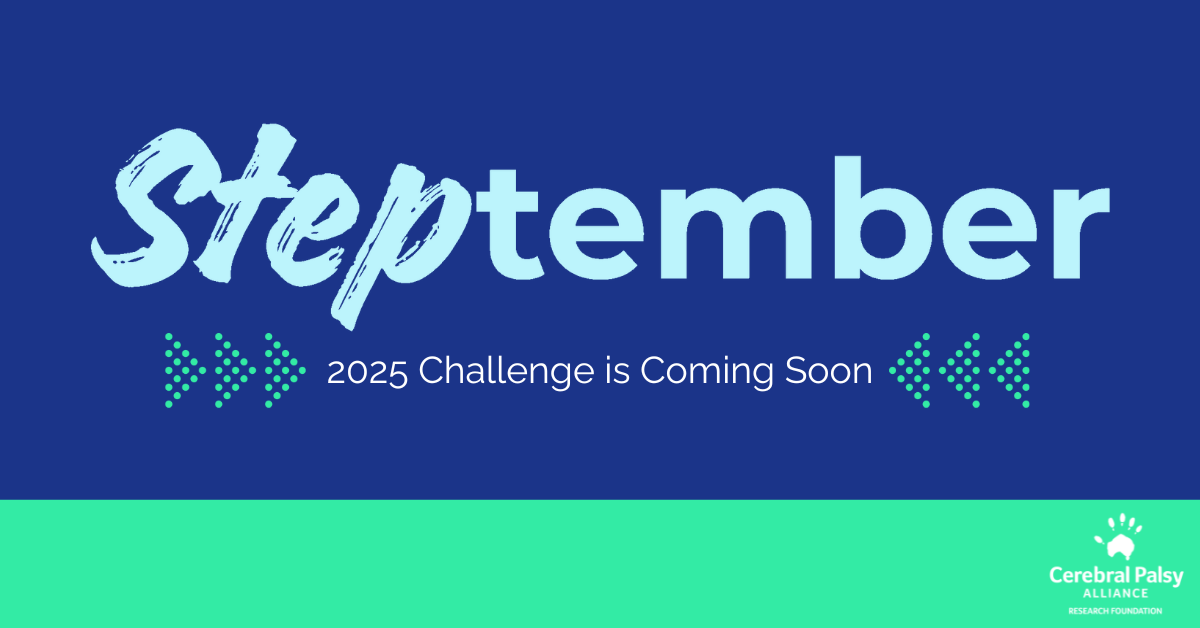
Written by Jennifer Farmer, international guest writer, New England, USA
My oldest daughter, Addison, had just come home from school one day. She had barely dropped her backpack when Emma started excitedly telling her about the new therapy gym she went to that day. The more Emma talked, the more Addison’s face dropped. “Why does she get to do fun stuff and I don’t?” she blurted out.
My initial emotion was anger. How could she be so selfish? Didn’t she understand that Emma has to go there to improve? Then, I suddenly saw it through the eyes of a 6 year old. While she was at school, her sister was swinging on a fun swing, and climbing a rock wall. There was a ball pit. There was a zip line! I realized that I had to do something before resentment built in her.
A different approach
I took her aside and explained how Emma needed therapy to be fun. She needed to go so she can do all the things we take for granted. Walk, run, jump, and climb. Then, I gave her a secret mission. She could help her sister by being super excited about the new therapy gym. “That way,” I explained, “you are encouraging her to go to therapy, and that will help her.” Her face lit up. She had a job to do!
She ran back into the kitchen and asked Emma to tell her more. “That sounds so fun Emma! You are so lucky!” Emma’s face beamed, as she responded, “I know! I can’t wait to go back!”
Addison was so proud of her new role, and Emma couldn’t wait for her next therapy session. It was a double win.
A new role
It is such a difficult concept for a child to understand. They do not fully understand the disability, or the differences between them and their sibling. It is hard to process why they sometimes get less attention and focus. However, when they become a part of the team, it changes the dynamic altogether. Here a few simple things you can do help siblings feel included.
- Involve them in therapy sessions: When we first started in-home therapy, I made the mistake of occupying Addison in front of the Television so that Emma could get in every second of her therapy without distraction. What happened instead was Emma got bored and had no interest in doing the exercises, and Addison ended up feeling left out. When the therapist suggested we include Addison in the therapy session, an amazing thing happened. Emma suddenly wanted to do all of her exercises with her sister, and Addison felt included and valued.
- Make therapy fun: When we think therapy, the first word that comes to mind is usually not “fun.” However, it can be! Especially with children, the sky is the limit. We do activities such as crafts, cooking, and games to sneak in therapy time without either of them even realizing it. By doing a fun craft or activity as a family, your child gets therapy time, and their siblings are included in the fun!
Here is a fun and easy craft we do for fine motor skills. This started as a therapy exercise, and it has now become an annual tradition for the holidays.
- Include them in the caretaking role: There are small tasks you can give so they feel like they are helping care for their brother or sister. For example, after Emma has worn her brace all day, I ask her sister to help take it off. She is always so proud to help, and Emma loves the time with her sister. Siblings often don’t know what they can do to help, and may also feel that it is not their place. We tend as parents to do everything ourselves. This leaves them feeling helpless, and caretakers feeling burnt out. By giving them a role in the care, no matter how small, they feel like they are contributing. This also gives caretakers one less task to do, and we all know how every little bit counts.
Our daughter’s disability has brought some unexpected gifts to our lives. One of those gifts is seeing the compassion our oldest daughter has learned from having a sister with a disability. I hope one day she will fully understand what a huge role she has played in Emma’s progress.
Mon 08 Sep 2025
We’re proud to share that CPARF’s 2025 Remarkable US Accelerator cohort kicks off this week! This program supports disability-focused startups that are developing cutting-edge assistive technology.
Wed 21 May 2025
We’re officially in double digits — CPARF is celebrating 10 years of funding groundbreaking cerebral palsy research and driving innovation forward. And there’s no better way to mark this milestone than with our biggest, boldest STEPtember yet.



